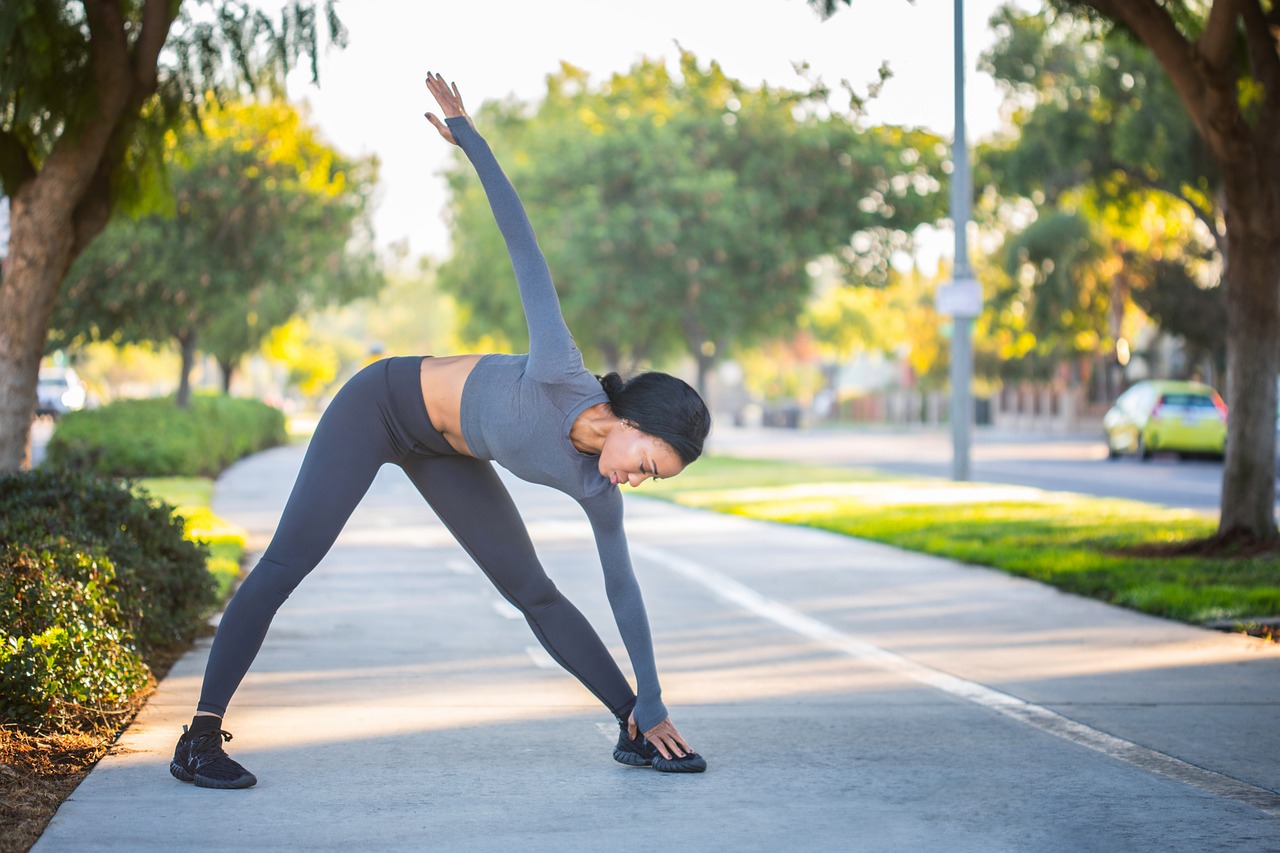Staying hydrated is essential for maintaining optimal health and performance. As we go about our busy lives, it can be all too easy to overlook the importance of drinking enough water. Dehydration can lead to numerous health issues, including decreased energy levels, reduced cognitive function, and impaired physical performance. In this blog post, we’ll explore effective hydration tips that can help you stay on track and boost your overall wellbeing.
Why Hydration Matters
The Role of Water in the Body
Water is a crucial component of the human body, accounting for approximately 60% of our total body weight. It plays several key roles, including:
- Regulating body temperature
- Facilitating digestion and nutrient absorption
- Protecting vital organs and tissues
- Transporting oxygen and nutrients to cells
- Acting as a lubricant for joints
The Consequences of Dehydration
It’s important to recognize the signs and risks associated with dehydration, which can include:
- Dry mouth and throat
- Fatigue and lethargy
- Dizziness or lightheadedness
- Headaches
- Decreased physical performance
According to the National Academies of Sciences, Engineering, and Medicine, adequate daily water intake is about 3.7 liters (or about 15.5 cups) for men and 2.7 liters (or about 11.5 cups) for women. Understanding these fundamentals can motivate you to keep hydrated.
How Much Water Do You Need?
Factors Influencing Water Needs
Your personal water needs can vary based on several factors:
- Activity level: Individuals who engage in physical activity require more water to replace fluids lost through sweat.
- Climate: Hot and humid weather increases perspiration, thereby raising water requirements.
- Age: Children and older adults often have different hydration needs and may require tailored recommendations.
- Health status: Certain health conditions (like fever, vomiting, or diarrhea) demand increased fluid intake.
As a general rule, adjust your intake based on your activity level and environmental conditions. For instance, if you exercise regularly, aim to drink an extra 1.5 to 2.5 cups (400 to 600 mL) of water per hour of vigorous activity.
Effective Hydration Tips
1. Carry a Water Bottle
A simple yet effective strategy to stay hydrated is to always keep a reusable water bottle within reach. This encourages regular sipping throughout the day. Consider:
- Choosing a durable, insulated bottle that keeps drinks cold
- Selecting a size that suits your daily hydration goals (e.g., a 32-ounce bottle for easy measurement)
2. Set Hydration Reminders
Technology can be your ally when it comes to hydration. Use tools like:
- Smartphone apps: Apps like MyFitnessPal or WaterMinder allow you to set reminders and track your water intake.
- Wearable devices: Many fitness trackers have hydration tracking features to remind you to drink up.
Setting reminders at intervals like every hour can help maintain consistent hydration habits.
3. Infuse Your Water
If plain water doesn’t excite you, try infusing it with natural flavors. Consider experimenting with:
- Slices of cucumber and lemon for a refreshing taste
- Mint leaves for a cooling effect
- Mixed berries for a hint of sweetness
Actionable Tip: Prepare a large pitcher of infused water and refrigerate it for an easy grab-and-go beverage.
4. Hydrate with Food
Incorporating fruits and vegetables into your diet can significantly contribute to your hydration levels. Foods with high water content include:
- Watermelon (about 92% water)
- Cucumber (about 95% water)
- Strawberries (about 91% water)
- Spinach (about 93% water)
Including these options in your meals and snacks can help you stay hydrated while also providing essential nutrients.
5. Monitor Your Urine Color
A simple way to gauge your hydration level is to pay attention to the color of your urine. Ideal shades indicate proper hydration:
- Pale yellow: Well-hydrated
- Dark yellow or amber: Needs more water
This quick check can help you stay engaged with your hydration goals.
Conclusion
Maintaining proper hydration is not just a health recommendation; it’s a necessity for optimal functioning in daily life. By understanding your personal hydration needs, employing practical tips, and incorporating water-rich foods into your diet, you can ensure that you remain adequately hydrated. Remember to adapt your strategies based on your lifestyle and environmental factors, and always listen to your body’s signals. With these hydration tips, you’ll be well on your way to better health and wellness.



